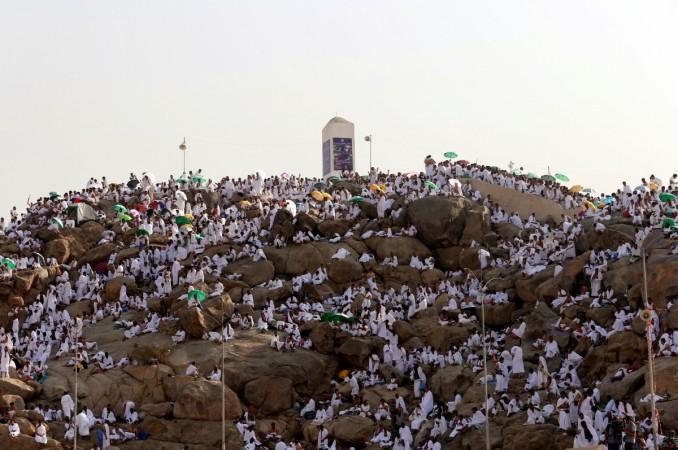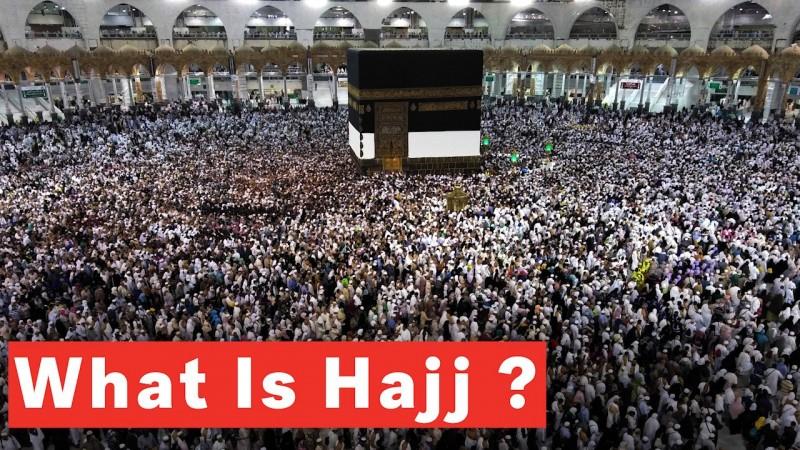
Saudi Arabia has raised its short-term visa fee nearly six-fold, triggering protests among countries with large Muslim population as their annual Hajj pilgrimage becomes too expensive.
According to an agency report, the fee for a single-entry visa has been raised to $533 from merely $93, while a multiple-entry six-month visa would now cost $800. Likewise, a one-year visa would cost as much as $1,333.
The revised visa fee is applicable to all types of tourists, including those coming on pilgrimage to perform their annual hajj, business or leisure.
However, exemptions are given for those visiting the Kingdom for the first time to perform Hajj or those who visit Umrah, IANS news agency said in a report.
Saudi amasses about $12 billion in income every year from Hajj pilgrims, who pay for their transportation and lodging as well while visiting the Kingdom to perform their annual ritual. The move to increase the fees could be very significant for the Kingdom, given that millions of Muslims undertake the pilgrimage to Mecca and Medina every year.
The Hajj, from the Arabic word for pilgrimage, takes place every year for five or six days of the last month of the Islamic calendar. In fact, Saudi faces several challenges in managing two million pilgrims who throng to Mecca from scores of countries. Due to huge demand for performing Hajj, Saudi allots quotas to each country.

The new rules are seen as part of a wider campaign to lessen the Kingdom's dependence on oil and to increase revenues in other areas, including visa fees. Saudi Arabia, which is the biggest oil producer in the world, has been significantly impacted by falling oil prices.
Boycott Plan
The IANS report, quoting a news portal, said that Moroccan travel agencies have decided to boycott servicing the trips to Mecca until the exorbitant fees were abolished. Turkey, Egypt, and Nigeria have all expressed their opposition to the new plan. Muslims in South Africa started a petition calling the visa fees "inhumane", and asked the Saudi government to either scrap the payment or to drastically reduce them.
Last month, Saudi Arabia started issuing tourist visas to citizens of 49 countries for the first time in an apparent move to attract foreign tourists. The tourism sector is one of the focus areas of Crown Prince Mohammed bin Salman in his economic reform programme to prepare the biggest Arab economy for a post-oil era.
Earlier, the conservative Muslim Kingdom restricted its tourist visas to pilgrims, businessmen and family members of expatriate workers and was not encouraging leisure tourists. Also, the Saudi government has announced a cut in wages and allowances of civil servants last month.

















